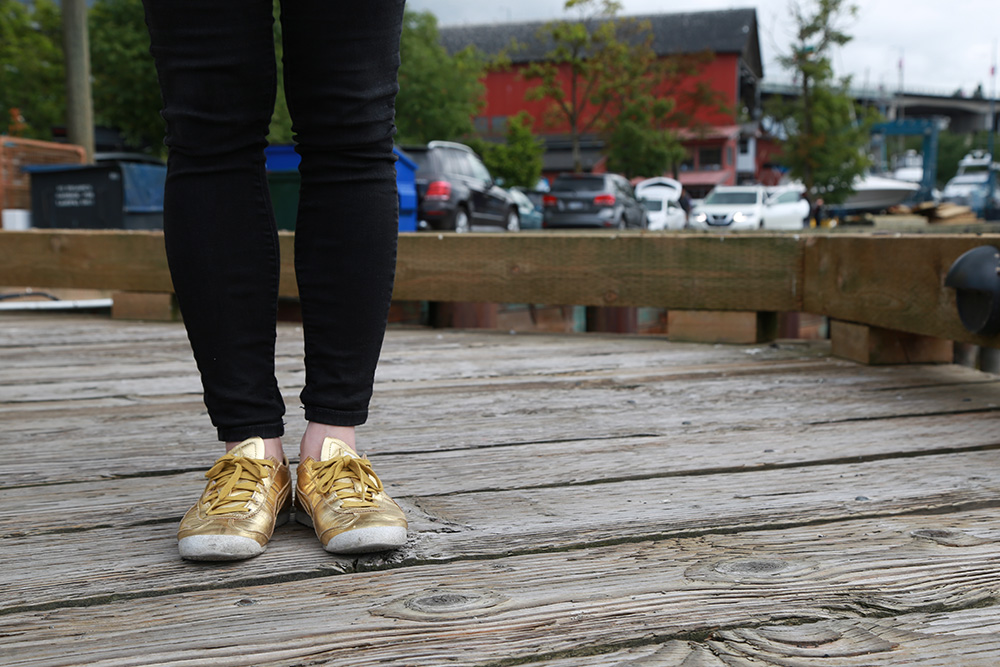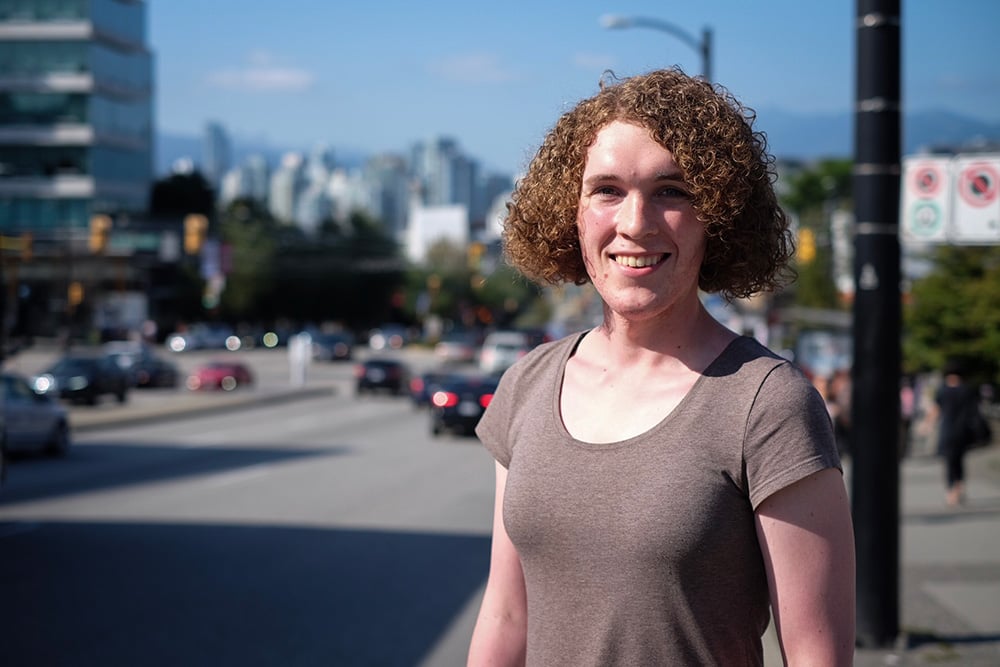Ashley Shapiro didn’t know who to turn to when she was struggling to come out as trans.
“I didn’t know what to do,” recalls Shapiro, now 26. “I didn’t know how to talk to my family about it; I didn’t know how to tell my friends. It was a terrifying time.”
Then, on Reddit, she found the number to Trans Lifeline, a peer-support crisis hotline for the transgender community, and called them in late 2017.
And she found a safe space to talk, share fears and concerns, and get advice.
Trans Lifeline, a non-profit, was founded in 2014. Its hotline is available all over the U.S. and Canada.
In its first five years, more than 65,000 calls have been made to the hotline. All of the operators are transgender. Having operators who were trans meant that Shapiro didn’t have to explain herself. That was important, she said.
The operators “genuinely cared about how I was doing,” she said. “And that really struck me as something. It was a very impactful moment that really helped me to become me.”
That first call inspired her to volunteer at Trans Lifeline in January, answering calls on the hotline. Because the community is small and spread out, being trans can feel isolating, Shapiro said. For her, Trans Lifeline means community. She hopes to help someone in the same way operators helped her.
Callers are all ages, and from all across North America. Some calls are hard to listen to.
For Shapiro, it’s the ones that she gets from children. Listening to their stories about thoughts of suicide, family rejection, homelessness and abandonment by their friends because they came out as trans is “heartbreaking,” she says.
“It’s... hard to hear those stories.” Shapiro said. “But it’s even harder to be going through that. If they are calling us, [they] really don’t have anyone else to talk to. Those are the ones that kind of get to you.”
After she hangs up from a difficult call, Shapiro can find support from her friends or access a support system from Trans Lifeline. She can talk to the team leaders or the other operators if she needs to debrief.
Asked if she had to put aside her own emotions to handle these kinds of calls, Shapiro said she can’t.
“To empathize, you have to have emotion. You can’t be separate. You can’t just distance yourself to be able to understand the situation that people are going through.”
“What we’re really trying to do is just meet people where they’re at,” she said. “And if you can, that’s when you can actually start helping or helping [callers] help themselves.”
A balancing act
Annie Hsu, a gen-Xer, has been volunteering at the Crisis Intervention and Suicide Prevention Centre of BC since 2018. She had previously worked in a technical and creative field but left the stressful environment for the helping sector, seeking work that aligned with her personal values.
Since she was young, her instinct has been to help others, Hsu said.
Hsu is one of more than 450 volunteers working at the crisis hotline, according to Akhila Blaise, its co-director.
Volunteers take calls and chats from people all over B.C. who are struggling with suicidal thoughts, mental health, eating disorders and other issues. They must undergo intensive training that takes around 110 hours before they start taking calls.
And volunteers can’t begin answering calls within a year of calling the line themselves or recovering from major life events like divorce, addiction or mental illness.
Hsu called the centre in 2014. She was in distress, dealing with a past relationship. It was 3 a.m., and she didn’t feel like she could call her friends.
“It felt selfish,” she said. “And the guilt of waking them up would make me feel worse.”

But she remembered that the crisis hotline was a 24-7 service. The phone call lasted around 25 minutes, and she felt supported and heard.
The volunteer made her feel that “there was nothing really wrong with what I was going through,” said Hsu.
Mahraz Parvand was one of Hsu’s learning support mentors as she prepared to volunteer. Parvand started her training in May 2015 and has been volunteering since.
She says volunteers with lived experiences can relate to others’ stories. Their experiences can help them understand the depth of pain and suffering of callers.
But it’s a double-edged sword, as volunteers are drawn back to difficult times in their lives.
“Given the extent of their own experience... of their own pain, I’m sure they get reminded of their own experiences every time,” Parvand says.
Hsu admits that handling the calls was difficult at first.
“There were definitely calls that really brought up more feelings that, like, made me almost become not as present on the call, because it’s brought up an old memory or it’s caused me to remember something that’s happened to someone that I know,” Hsu said. “And those thoughts can take you away from being there with the caller.”
“You learn to sort of let those thoughts be more of a flash in your head, and then just come back to the present. You just keep letting those thoughts go and not... hold on to them.”
More work needed for better care
Hsu said working at the crisis centre has highlighted the gaps in mental health services.
According to the Canadian Mental Health Association, suicide accounts for 24 per cent of deaths of Canadians between 15 and 24 and 16 per cent among those between 25 and 44.
In 2017, 40,117 distress service calls and online chats were made to the B.C. crisis centre — 110 a day.
Hsu says people in some regions can access mental health services, but not all. There have been times she wasn’t able to help a caller get the support they needed simply because they didn’t live in Vancouver.
This year’s federal budget promised $25 million over five years to support a pan-Canadian suicide prevention service. It should make it easier for Canadians to access crisis support at any time of the day.
Hsu said it’s a start. But from the frontlines, progress seems slow: “It just makes me realize how much more is needed.”
The Trans Lifeline is 1-877-330-6366. The Crisis Intervention and Suicide Prevention Centre of BC hotline is 1-800-784-2433. ![]()
Read more: Health, Gender + Sexuality
















Tyee Commenting Guidelines
Comments that violate guidelines risk being deleted, and violations may result in a temporary or permanent user ban. Maintain the spirit of good conversation to stay in the discussion.
*Please note The Tyee is not a forum for spreading misinformation about COVID-19, denying its existence or minimizing its risk to public health.
Do:
Do not: